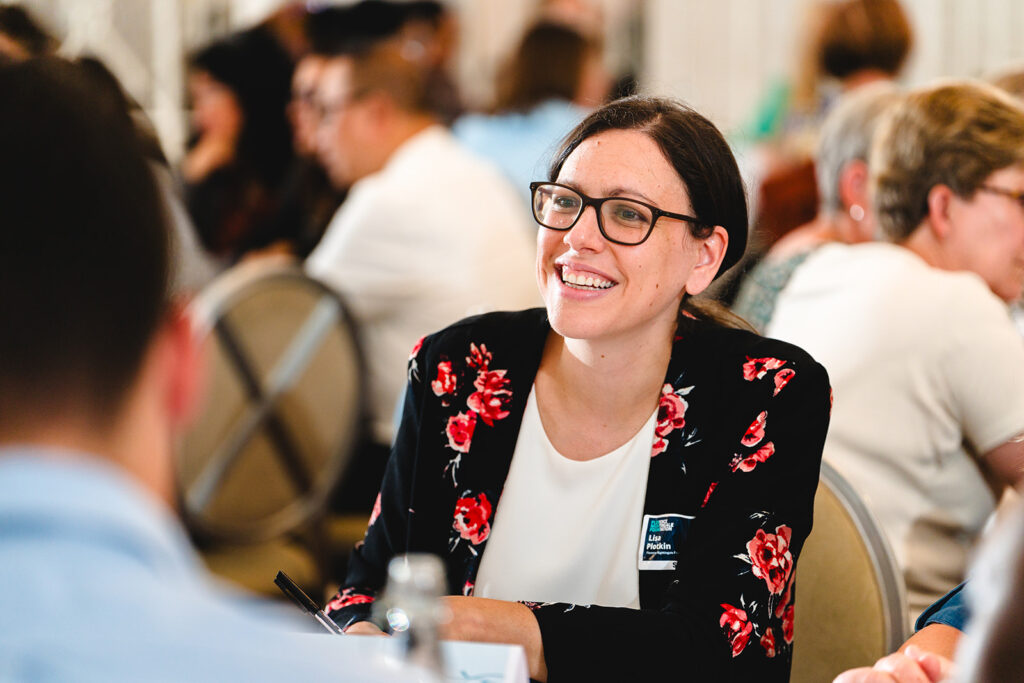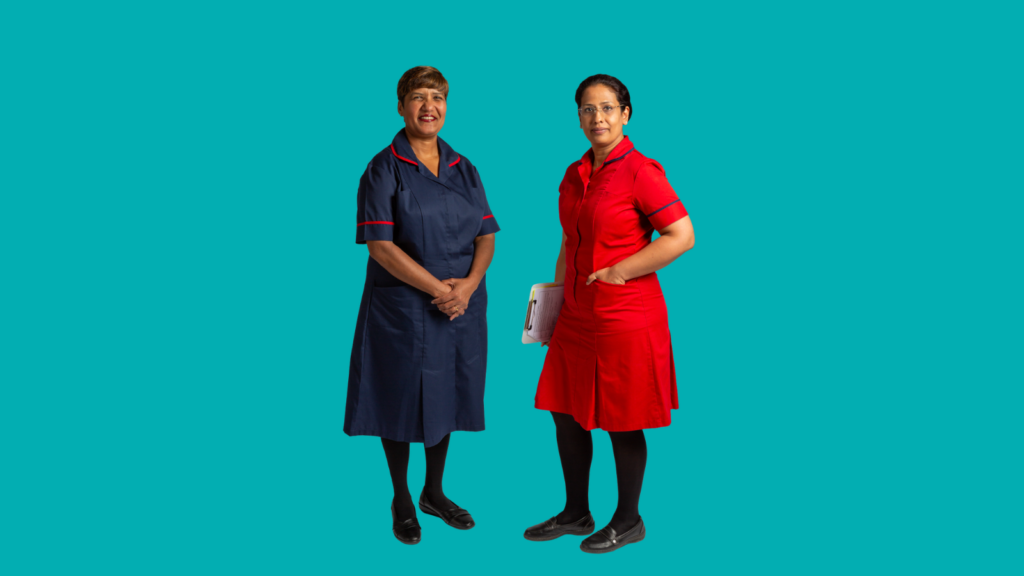As we release a new study, commissioned by the NMC, showing that advanced nursing and midwifery talent is being lost within the health and social care system, our report author and FNF’s Head of Policy and Influence, Lisa Plotkin, shares her reflections below.

As the NMC considers new regulations for advanced practice nursing and midwifery, there’s a crucial conversation we need to have: how do we ensure internationally educated nurses and midwives (IENMs) aren’t left behind?
Our new report out today digs into this issue, looking at three key groups: IENMs who already have advanced practice experience from abroad, those interested in pursuing advanced roles here in the UK, and those who’ve successfully completed advanced practice training in the UK. Through a survey of over 1,500 IENMs and in-depth focus groups, the research paints a fascinating picture of both challenges and opportunities.
The findings reveal a striking disconnect: while IENMs often bring advanced skills, specialist expertise, and years of experience to the UK, our system struggles to recognise and utilise these valuable capabilities. Some arrive having run specialist clinics, led hospital departments, or managed complex patient care in their home countries. Yet too often, they find themselves starting from scratch. This is not just frustrating for these professionals – it’s a massive waste of talent and expertise that could benefit our healthcare system.
The report also reveals a complex web of obstacles facing IENMs who want to pursue advanced practice roles in the UK – regardless of their previous exposure to AP. Financial barriers top the list, with 70% citing this as a major concern – particularly those from India and Nigeria, where this figure jumps to over 85%.
But it’s not just about money. Nearly two-thirds with an interest in pursuing AP say they simply don’t understand how to access advanced practice pathways, with this confusion particularly acute among midwives and those working in Scotland, Wales, and Northern Ireland. Immigration issues create another layer of complexity: a quarter of IENMs with an interest in pursuing AP say their visa status holds them back. Add in language requirements, workload pressures, and sometimes unsupportive managers, and you start to see why talented professionals often feel stuck at entry-level positions despite their capabilities and ambitions.
But it’s not all bad news. The report highlights some success stories where international staff have thrived. One particularly encouraging finding is that 82% of IENMs who successfully obtained advanced practice qualifications in the UK credit supportive employers as the key to their success. This shows just how crucial good organisational support can be. The report also shows strong support amongst IENMs for the NMC to regulate advanced practice, reflecting trust and hope that the regulator’s involvement can help address some of these access barriers.
So, what’s the takeaway here? The report makes several practical recommendations for the NMC to consider, from developing better frameworks for recognising overseas qualifications, to creating more flexible training pathways and to formulating a more inclusive AP definition. But perhaps most importantly, it goes beyond improving advance practice and calls for a cultural shift in how we view and value internationally trained healthcare professionals. That goes beyond what the NMC can do – that’s up to all of us working together.
Looking ahead, there’s a real opportunity here. With the right support, IENMs can continue advancing their careers, sharing their expertise, and enriching our health and care system with their diverse perspectives and experiences. The question is: are we all ready to make the changes needed to help them succeed?
Lisa Plotkin discusses the research in depth with Paula McLaren, NMC Senior Advanced Practice Adviser, in this podcast.
- There are strong and supportive networks in the UK that work to support internationally educated nurses and midwives. if you want to connect with your diaspora community then you can seek out an association that represents you. Get in touch if you need help identifying the best one.
- Support your workforce through FNF’s leadership programme for internationally educated nurses and midwives. This online course supports and develops the leadership potential of this vital section of our workforce and offers significant benefits for services and patient outcomes. Find out more here.
